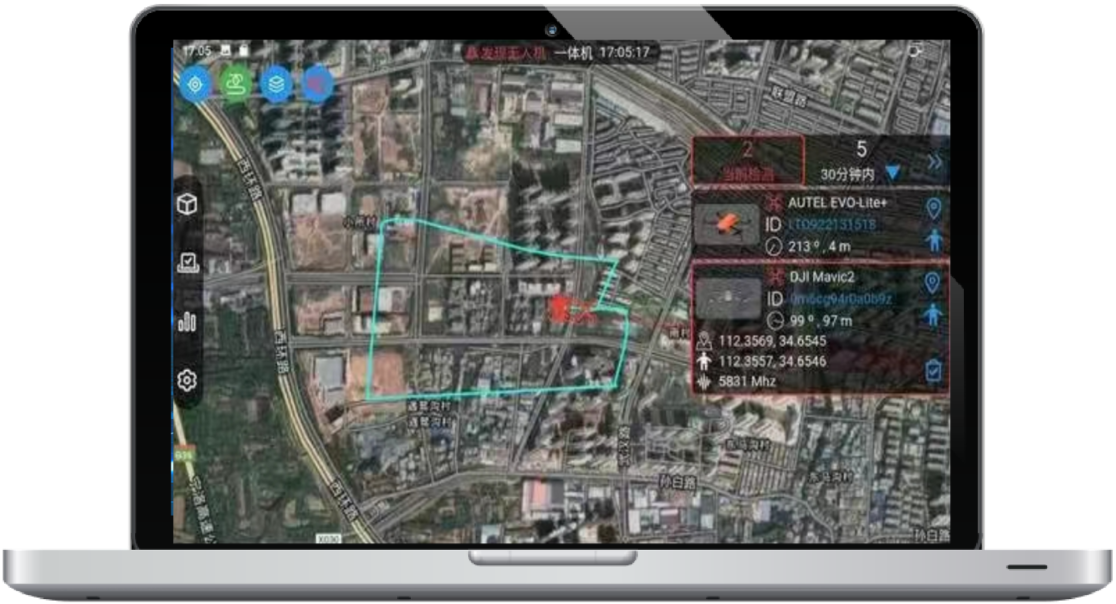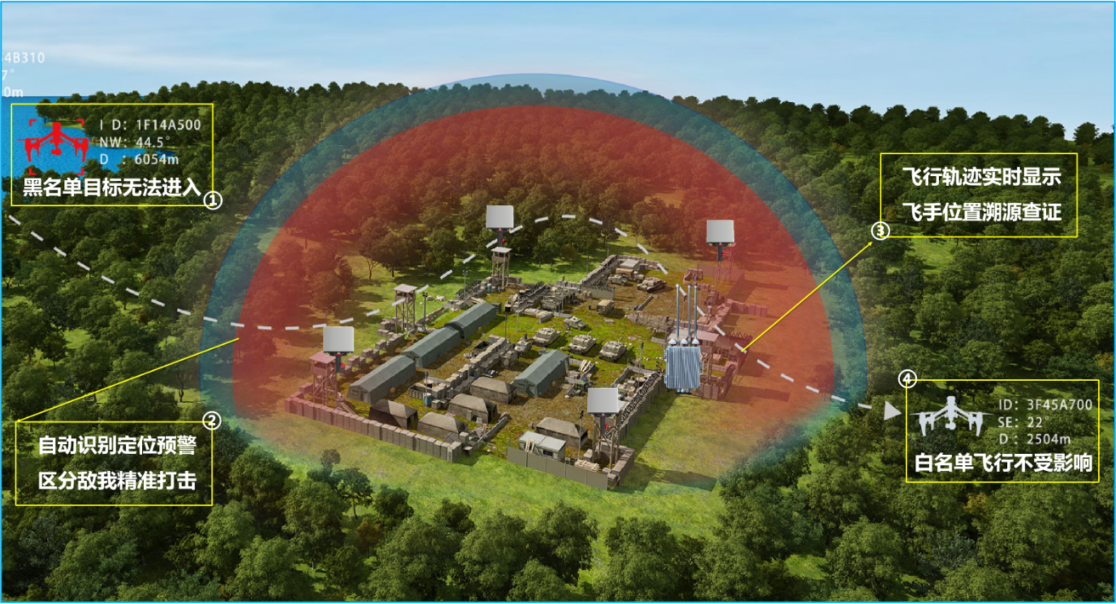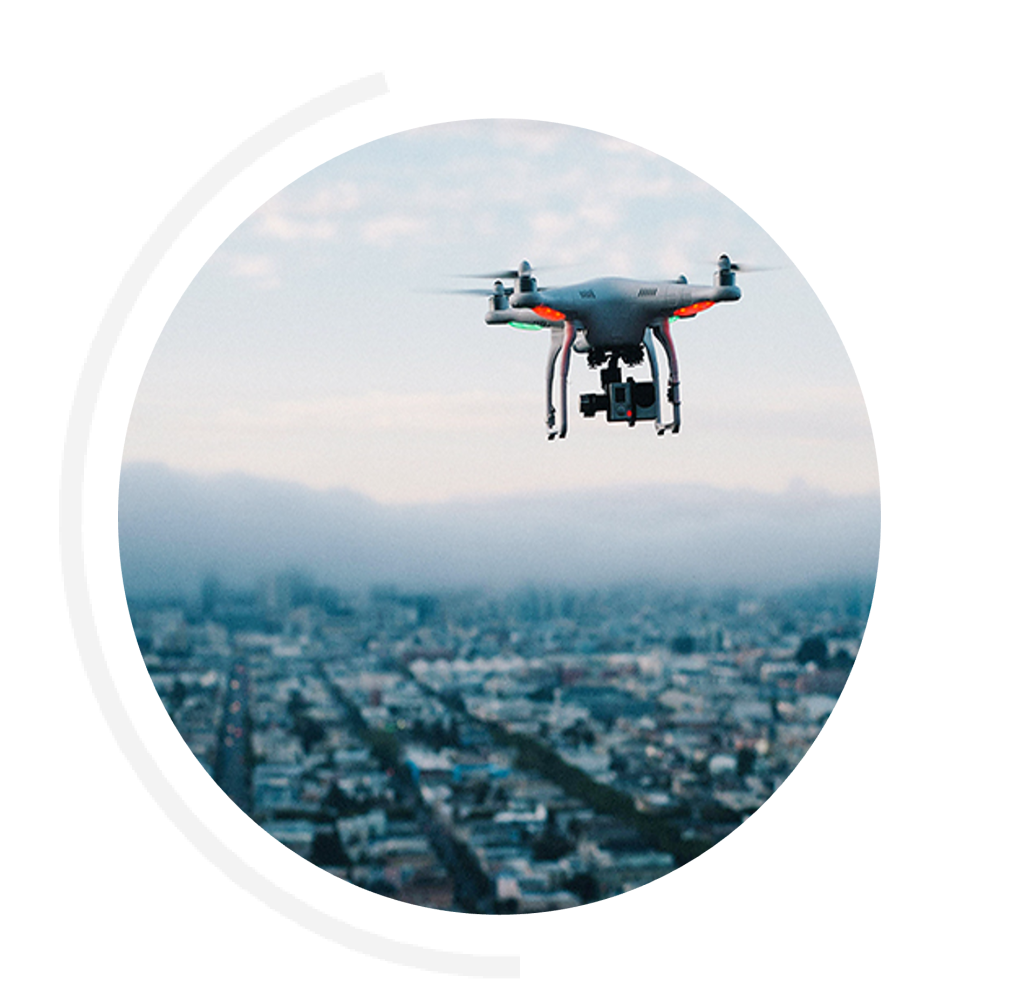Reverse parsing of cognitive radio protocol
Cognitive Radio Protocol Cracking
Radio Reverse Engineering and Security Analysis Applied to UAV Detection and Defense.
Cognitive Radio Protocol Analysis is currently the most advanced UAV defense technology internationally. Currently, only three companies in the United States, namely Department13, Skysafe, and Sensofusion, possess the technology of cognitive radio protocol analysis. The US Department of Defense C-UAS has also listed this technology as the only selected technology.

Analyze the frame structure of radio protocol
Physical layer information such as modulation scheme, coding scheme, synchronization sequence, pilot sequence, etc;
Demodulate the physical layer data frame
Used to obtain ID bit information and serve as an electronic fingerprint;
Find the weak part in the frame structure
For example, the pilot signal used for channel estimation, the synchronization reference signal used for frame synchronization, etc. By interfering with these reference signals, accurate and efficient interference effects can be obtained;
High-precision synchronous frame structure
Obtain the signal frame timestamp, phase, and coherent power for use in directional and positioning systems.
CRPC+ message-level protocol parsing technology

Message-level protocol analysis and cognitive radio protocol analysis are applied to UAV detection and positioning;
The message-level protocol analysis is based on the CRPC cognitive radio protocol analysis technology, which can detect and identify the real-time location of drones and remote controllers (i.e. remote controllers) more quickly and accurately, and track the flight trajectory of drones in real time, which is suitable for accompanying maneuvering support.
UAV precise positioning
Realize the precise positioning of drones at the meter level;
Accurate positioning of the drone
Real-time access to the location information of the drone (i.e. remote control);
Positioning and timely refresh
Accurately identify the flight trajectory of the drone, with a refresh time of less than 2 seconds;
Accurate identification of serial number
Support accurate identification of drone body serial number;
TDOA+ precise identification and positioning technology
Time Difference of Arrival Plus
The time difference positioning technology and cognitive radio protocol analysis are combined to be applied to the detection and positioning of unmanned aerial vehicles;
The "TDOA+ (Time Difference of Arrival Plus)" drone precise identification and positioning technology integrates TDOA and CRPC technologies to achieve the triple functions of "precise identification", "precise positioning" and "precise strike" for target drones, greatly improving the system's practical application performance.

Time difference between measurement analysis and detection unit
Measure the time difference of radio signals arriving at different detection stations' radio units, and use radio transmission signals for positioning;
Demodulate the physical layer data frame
Used to obtain ID bit information and serve as an electronic fingerprint; achieve precise identification of drones;
Full-band coverage detection
Support 30MHz-6GHz full-band detection, display, and key band protocol analysis;
High-precision positioning
Accurately identify the flight trajectory of the drone and trace the location of the pilot.
Technical advantages

Accurate identification
It can accurately distinguish different drones of the same brand and model.
Detection and positioning
Detect up to 10km+ distance and achieve multi-station positioning of UAV
Precise Strike
It can be designated to attack any one of multiple drones
Unattended
Automatic identification, early warning, and strike without manual intervention
Black and white list
One-click marking of black and white lists, ensuring that drones on the white list are not interfered with during strikes
Signal learning
It can scan and monitor the surrounding radio environment, and learn and identify unknown drone signals